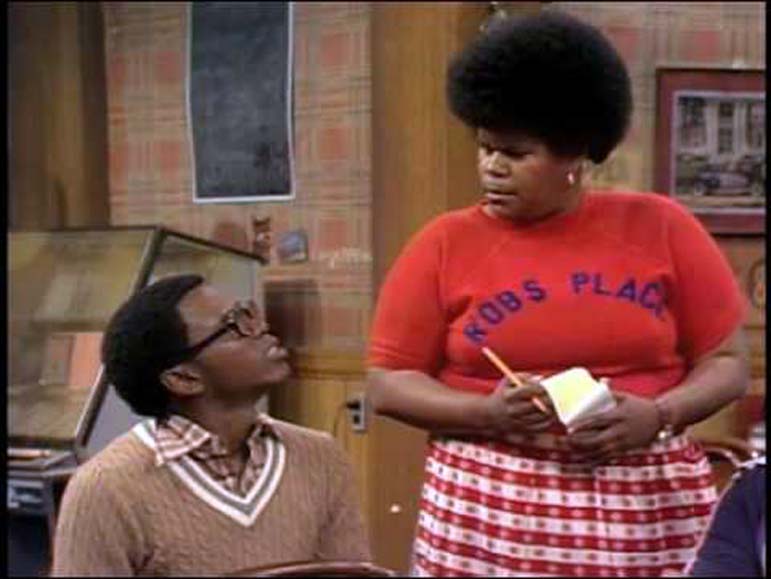
The real rewards of service don't depend on others
I admit it: I'm a dinosaur.
I long for the days when people used Mr. and Mrs. rather than presuming first name status. I mourn for the proper use of grammar and punctuation. I pine for an era when gentlemen held open doors for ladies and youngsters gave up their seats for the elderly.
I especially wax nostalgic for a time when tipping 15% in restaurants was a voluntary gesture of appreciation for good service rendered with a smile.
But that was a long time ago, possibly in a galaxy far, far away.
I wonder who decided that tips of 18 - 20% should be routinely added to the bill, automatically inflating prices while eliminating the incentive to provide competent and courteous service. And woe upon the customer who fails to tip where no tip is required.
That's why – in our age of public venting and shaming – it comes as no surprise that an Outback restaurant worker in Florida took to social media to decry the customer who denied her a gratuity for packing up a large order. Somewhat less predictable was the way Outback responded to the employee's Facebook rant: by issuing a pink slip.
To be fair, this case is more about miscommunication than malice:
• On the one hand, the church conference volunteer responsible for the pick-up might reasonably have assumed that no gratuity was necessary for a takeout order.
• On the other hand, the service worker might understandably have felt resentful for spending her entire shift preparing a $735 order and losing out on the tips she could have made waiting tables.
• Finally, Outback's policy prohibiting employees from railing against patrons online makes good business sense, plain and simple.
Ironically, it was a well-meaning friend who called the church about the oversight, and a well-meaning church representative who called the restaurant offering to pay the gratuity, that led to the worker losing her job. However, once the employee broke company policy, all the good intentions in the world couldn't put the pieces back together again.
King Solomon says, Better dry bread taken with peace than a house of feasting filled with strife.
In our entitlement culture, we expect tips, bonuses, and raises independent of merit. Naturally, this gives rise to bitterness and resentment when they fail to appear.
Conversely, if we found contentment in receiving what we earn, the thrill of receiving more than our share would delight us no end, as would the satisfaction of performing our jobs well, not merely well-enough.
Old-fashioned work-ethic once taught us to not merely do our jobs but to do our best. In contrast, modern-day minimalism convinces us to slide by with as little effort as possible and expect praise for doing anything at all. The result is a culture of complacency and apathy. We find no pleasure in what we do because we haven't done it the way it ought to be done, and we take no pleasure in what we earn because we don't fully deserve it.
The highest calling of a human civilization is to be of service. This not only benefits those we serve but enhances society as a whole. At the same time, it provides us with the sense of meaning and purpose that fills us with joy and satisfaction.
Of course we want to be compensated for our work and recognized for our what we do. But if service is just a means to an end, then it is really not service at all, and it will leave us ultimately unfulfilled.
Instead of obsessing over what others should be doing for us, focus on how you can benefit others. True, sometimes your service may go unnoticed. But over time, all accounts tend to balance; in the end you are likely to receive the appreciation you deserve.
And along the way, you will carry with you the contentment that comes from contributing to a better world.
Rabbi Yonason Goldson is a professional speaker and trainer. Drawing upon his experiences as a hitchhiker, circumnavigator, newspaper columnist, high school teacher, and talmudic scholar, he teaches practical strategies for enhancing communication, ethical conduct, and personal achievement. He is the author of Proverbial Beauty: Secrets for Success and Happiness from the Wisdom of the Ages is available on Amazon.


 Contact The Editor
Contact The Editor
 Articles By This Author
Articles By This Author